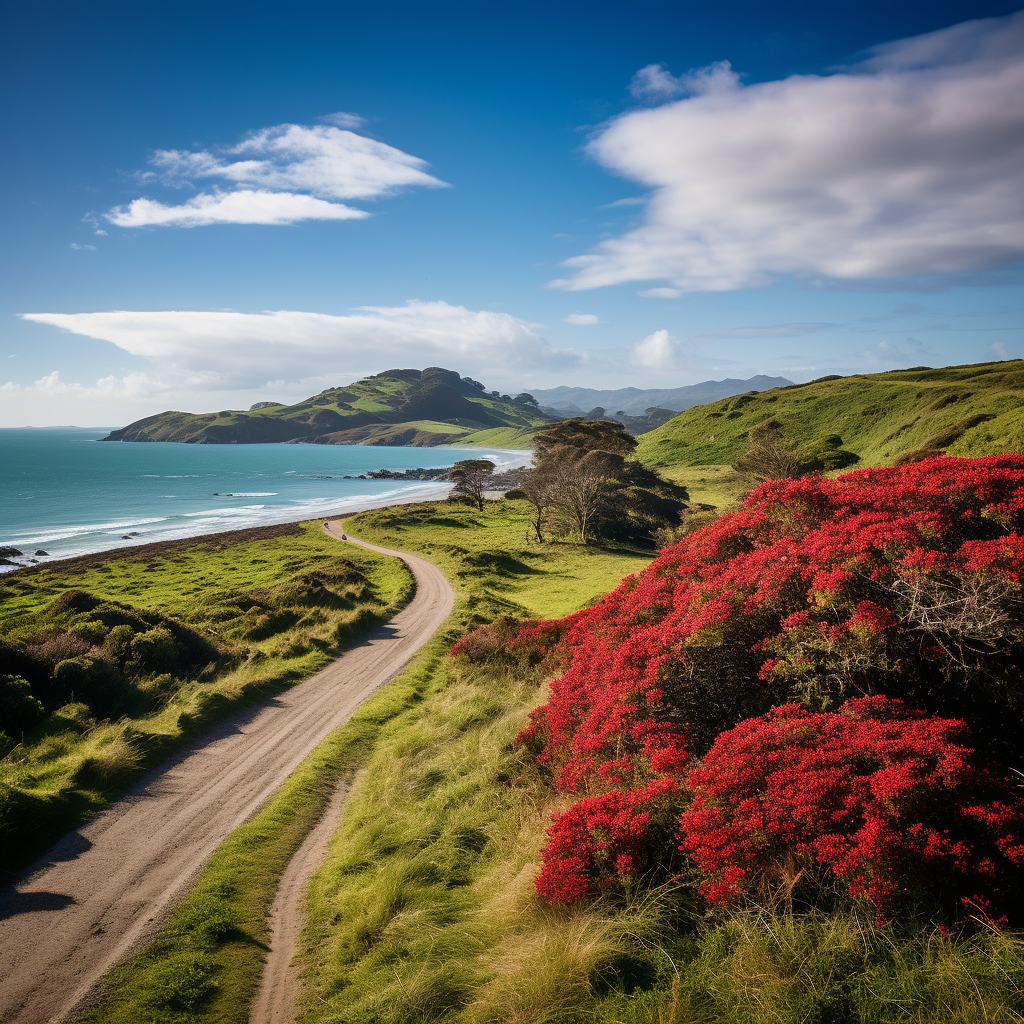In Aotearoa, the land holds a narrative woven deeply into the fabric of Māori culture. It's more than soil and vegetation; it's an ancestral embrace, a whisper of the past, and a beacon for future generations. With the Te Ture Whenua Māori Act 1993 at its heart, Māori land ownership is a testament to resilience and cultural significance.
The Spiritual Essence of the Whenua
For Māori, land is an embodiment of whakapapa (genealogy) and identity. It's not merely an asset; it's a taonga (treasure) that carries the mana (prestige) and mauri (life force) of those who came before. This spiritual connection transcends time, underscoring every aspect of ownership and guardianship.
Navigating Through Te Ture Whenua Māori Act
This pivotal legislation anchors Māori land rights within the legal framework of New Zealand, championing retention and management for the prosperity of owners and their extended family networks. Its provisions ensure that these lands remain under the stewardship of those to whom they belong by heritage.
Unpacking the Categories of Māori Land
The Act delineates several types of land: Māori Freehold Land, held under a title issued by the Māori Land Court; Customary Land, which acknowledges traditional use and occupation; General land owned by Māori individuals or collectives; and Crown land reserved for the benefit of Māori communities.
Collective Stewardship: A Cornerstone of Tradition
Ownership is often shared among whānau or hapū members, reflecting a collective approach to land stewardship. This communal structure is integral to maintaining the connection between people and their whenua.
Inheritance: Linking Generations Together
The transition of land through generations adheres to both customary practices and statutory guidelines. Succession can result in numerous individuals sharing ownership rights, which speaks volumes about the interconnectedness within Māori society.
Governance with Accountability
Trusts or Incorporations are commonly established to manage these lands, bearing responsibility for decision-making that honors the collective will of the owners while navigating modern legal and economic landscapes.
Balancing Development with Custodianship
When considering development options, Māori landowners are tasked with aligning economic aspirations with cultural values—a delicate balance that respects both ancestral ties and contemporary needs.
Safeguarding Ancestral Lands
The Act provides mechanisms that protect Māori land from sale or alienation, ensuring its continuity as a cultural stronghold for future generations.
The Role of The Māori Land Court
As a judicial body, the Māori Land Court addresses matters related to ownership disputes, succession rights, and governance issues—upholding justice within this unique framework of property rights.
Collaborating with Local Authorities
Engagement with local councils is essential for resource consents and compliance with regulations—a partnership that underscores the importance of collaboration in land management.
Kaitiakitanga: Guardianship as a Way of Life
Sustainable practices are central to kaitiakitanga—guardianship principles that guide how landowners interact with their environment, protecting it for those who will inherit it.
Economic Growth Rooted in Heritage
Māori land can be leveraged for economic ventures such as agriculture or tourism without compromising its intrinsic cultural value—an opportunity for progress that remains respectful to tradition.
Leasing Arrangements Under Scrutiny
Leasing may provide financial benefits but requires oversight from the Māori Land Court to ensure fairness and advantage for owners—a safeguard against exploitation.
Addressing Fragmented Ownership
With multiple heirs over time comes fragmented ownership—a complicated web that necessitates careful coordination among stakeholders.
Restorative Justice in Land Return
Efforts continue to rectify historical grievances where lands were unjustly taken, seeking healing through restoration—a journey towards reconciling past wrongs with present justice.
Advocacy for Cultural Legacy
Māori landowners often stand at the forefront in advocating for their heritage sites' preservation—championing environmental causes intrinsic to their identity.
Treaty Settlements Reshaping Ownership Landscape
The Treaty of Waitangi settlements have seen significant tracts restored to iwi authority—a reshaping of ownership dynamics that speaks volumes about restitution efforts.
Embracing Modernity While Honoring Tradition
Integrating contemporary management techniques with age-old values presents unique challenges but also opens doors to new possibilities—a fusion where respect for heritage guides innovation.
Empowering Through Education
Initiatives aimed at educating owners about their rights foster informed decision-making—an empowerment pathway ensuring they're equipped for leadership roles in managing their lands.
Envisioning Tomorrow's Legacy Today
Discussions around preserving these lands while embracing development opportunities are vital—they're conversations about honoring a rich legacy while building a sustainable future.
Tourism as a Tool for Preservation
Balancing economic growth with cultural preservation, Māori landowners have increasingly turned to tourism, offering visitors an immersive experience that fosters appreciation for their heritage.
Collaborative Conservation Efforts
Partnerships between iwi, government agencies, and conservation organizations have been key in protecting and restoring these lands—showcasing the power of collective action in safeguarding cultural and environmental treasures.
A Blueprint for Global Reconciliation
The Māori approach to land stewardship offers valuable insights for communities grappling with similar challenges worldwide—highlighting the transformative potential of acknowledging historical injustices and working towards reconciliation.
As New Zealand moves forward, the journey of Māori landowners stands as a testament to the resilience and strength of indigenous communities. Their efforts not only restore justice but also enrich society by fostering a deeper connection with the land and its people.






